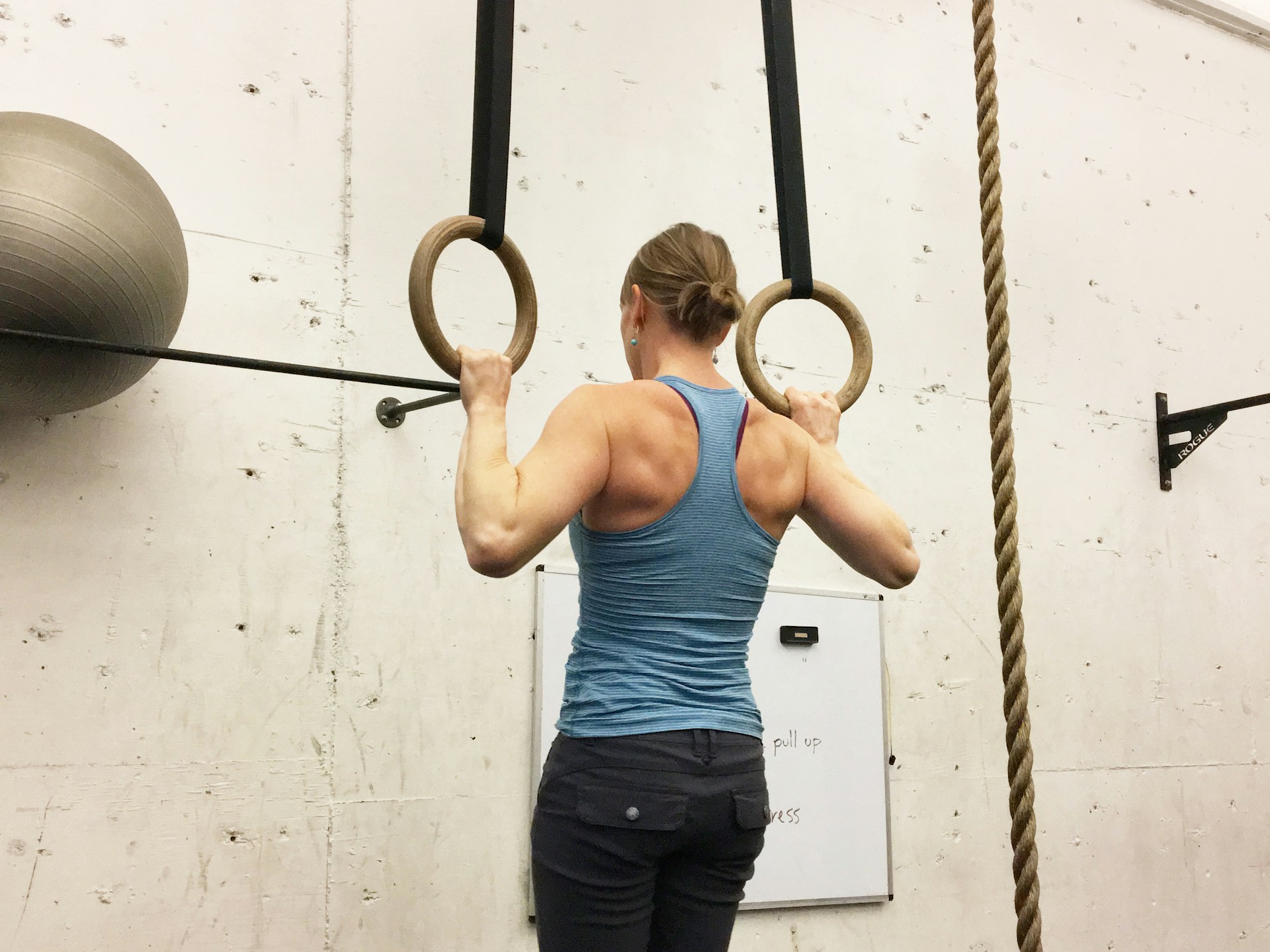You might have the perfect/ideal life at one point in your life, and then, in the blink of an eye, you get injured, and your life flips upside down.
Everything resets, and the things you took for granted and considered to be normal are now out of your reach.
It could be a smaller injury that just puts you on bed rest for a few days or a serious one that forces you to learn how to walk again, but healing is never easy, especially on your mental health. But keep in mind that it’s not just your body that needs to heal because, while that’s the visible injury, your mind also has a decent amount of work to do to pick up the pieces.
The good news? Adapt, find ways to feel like you’re in control again, and surround yourself with the right support system. It won’t be easy, and it won’t be quick, but you’ll make it.
Recovery starts with the right mindset and the right resources.
Why Legal Support Matters During Recovery
Just when you think your life can’t get any worse because you have an injury to deal with, the Universe plops down medical bills, rehabilitation expenses, equipment you might need to buy… It’s a lot to take in all at once and it’s practically impossible to handle everything all by yourself (at least if you want to keep your sanity).
You need all the support you can get, and that includes legal support. If you don’t already have a lawyer, do yourself a favor and get one. If you’re, say, in Michigan, a simple online search for an “accident attorney” will give you a lot of information and you’ll have a starting point. An injury lawyer will make sure you get compensation if you’ve been in an accident or that the insurance company covers the expenses.
To start this process, you’ll need to gather all of your medical records and evidence related to the injury – hospital and therapy bills, plus any documents regarding ongoing treatment. Then, your lawyer will negotiate directly with insurance companies.
They might offer lower settlements at first and that’s completely normal unfortunately, but a good lawyer will know how to push for an amount that’s fair and that can cover all your medical bills and potential physical therapy in the future.
Tools and Resources for a Successful Recovery
As previously mentioned, you need all the help you can get to make recovery as easy as possible. The tools and resources will vary from person to person, not just because injuries differ, but because people do. We all need different things and for mental health in particular, there’s no one-size-fits-all solution.
Still, there are a few key areas that play a big role in recovery for everyone.
Adaptive Technologies
This is something that can help your mind as much as it can help your body. Adaptive technologies like advanced prosthetics, wheelchairs, and mobility scooters have been a must for people with mobility issues for a very long time. Wheelchairs are usually the first line of help.
Mobility scooters have a greater travel range and they’re easier to use so, depending on the type and the severity of your injury, you might prefer those. Prosthetics are important, too, especially with how much they’ve advanced.
Rehabilitation Therapy/Programs
If you want to commit to recovery, then a rehabilitation program (a good one) is your best and safest bet. If you’ve suffered from any type of injury, then you can expect the (physical) therapy to include strength training, mobility exercises, and stretching. There’s always a lot of stretching. And all these exercises will be specifically designed for you, your situation, and your body, with the sole goal of rebuilding your strength/flexibility/coordination.
So, if you were under the impression that being injured would somehow result in you not needing to work out – you’d be very wrong. This is pretty much the crux of any (physical) recovery.
There’s also occupational therapy. This one revolves more around people learning basic daily activities (e.g., dressing, cooking, using tools, etc.). This type of therapy is necessary if you’ve suffered a traumatic injury that has affected/impaired your motor skills.
Yet another one is aquatic therapy. This is a more low-impact approach that helps improve movement/strength while, at the same time, reducing stress on the body.
Mental Health Support
Sometimes, an injury goes beyond just physical. The trauma could leave you with things such as frustration, isolation, and anxiety. And while all of this might be normal/expected, that doesn’t mean that it should be neglected/ignored. Instead, you should definitely fight it.
Even though your mind might not be something that’s tangible, it is still as important as your physical body (if not more).
If you ignore or delay mental health support, under the premise that you don’t need it, you might end up having a hard time adjusting, or staying motivated during the recovery. In fact, it can even slow you down; which is never a good thing.
One way to combat mental health-related issues and injuries is counseling. It’s a safe space where you get to process the whole event and the emotional consequences of the injury (even if you believe it is nothing – it rarely is).
A plus to counseling is that, regardless of the final outcome, you’ll surely find some effective strategies to manage stress/anxiety.
Peer support groups are also a way of dealing with mental trauma. Why? Well, they give you the opportunity/ability to connect with other people who (possibly) went through the same or a similar situation in life. And this is priceless, as you’ll get to view another perspective, which could give you much more insight into where you currently are, and where you need to go in order to recover mentally.
Conclusion
“There’s always a sun after rain.” And, “The night is darkest just before dawn.”
Both sayings, while different, send the same message – whatever you’re going through, and regardless of how bad it might seem right now – it will pass. And you will be ok.
People adapt, heal, and move on with their lives.
Always remember that people are much stronger and much more resilient than they initially thought, or that they give themselves credit.
But the important thing is, to ask for help; this includes not shutting down your family and friends. They are called that for a reason – they are in your cornet, and they want to help.
Love and support from your family/friends will get you even through the toughest of times.
Stay loved. Stay healthy.






